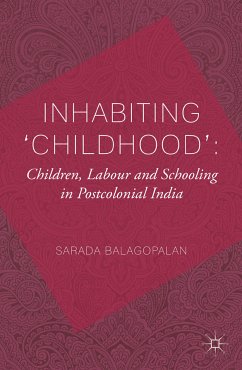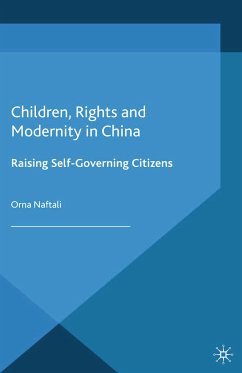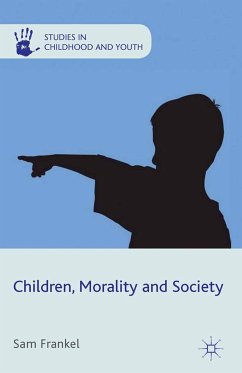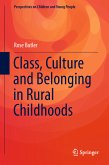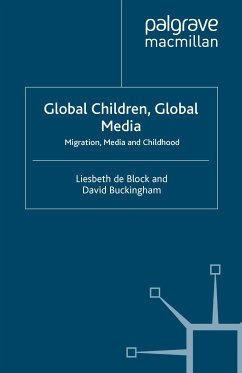Dieser Download kann aus rechtlichen Gründen nur mit Rechnungsadresse in A, B, BG, CY, CZ, D, DK, EW, E, FIN, F, GR, HR, H, IRL, I, LT, L, LR, M, NL, PL, P, R, S, SLO, SK ausgeliefert werden.
"A book so rich in theories elides questions of gender, caste, and religious specificities. ... Her subjects provided ample scope to explore connections between caste, religion, and gender and poverty in a specific spatio-temporal context. ... A treasure trove of child-related policies and an empathetic appraisal of street children, Inhabiting 'Childhood' ought to enlighten both specialist and nonspecialist readers." (Swapna M. Banerjee, The Journal of Asian Studies, Vol. 76 (2), May, 2017)
"Sarada Balagopalan's Inhabiting Childhood is a very welcome contribution, since it reconstitutes the debate on childhood from the standpoint of subaltern children. ... Balagopalan's ethnography is tremendously rich for allowing the normative understanding of childhood to be questioned in terms of these broad categories. ... Readers will find it a very satisfying and evocative contribution to South Asian childhood studies." (Nandini Chandra, H-Childhood, h-net.org, January, 2016)

